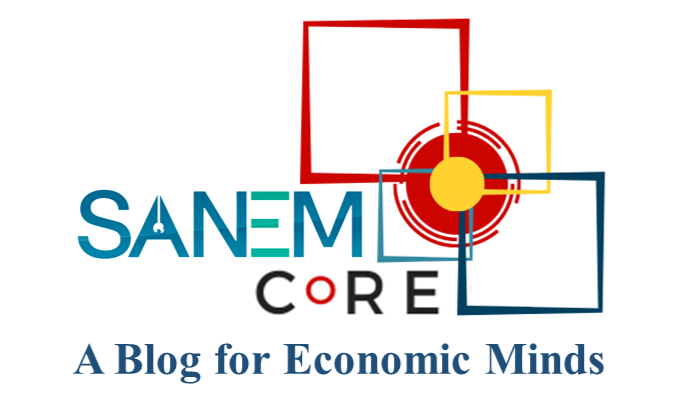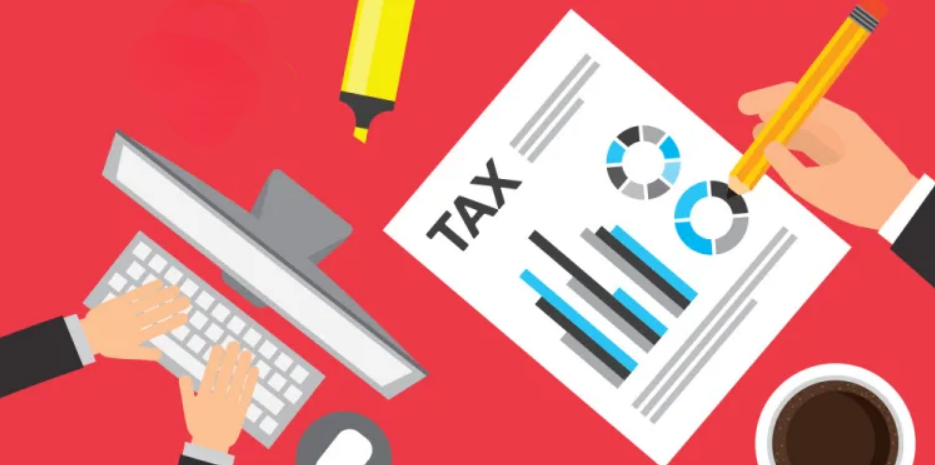Bangladesh, a country with a tax-to-GDP ratio as low as 7.5% – one of the lowest in the world – is not able to invest adequately in critical social sectors such as health, education, and social protection. Low revenue from taxes hinders economic growth and perpetuates cycles of poverty and inequality. Most of these challenges in addressing tax reforms have become more significant in the context of the changed political landscape in Bangladesh after the July-August mass uprising.
Reforming Bangladesh’s tax system has been facing strong political economy challenges. While there is a need to reform the policies, laws and regulations related to taxation, equally important is to undertake organizational reform of the National Board of Revenue (NBR), especially when separating the policy formulation and implementation roles of the NBR is crucial. The resistance by vested interests and political patronage of corrupt business people evading taxes tended to delay much-needed reforms.
In this regard, the effort towards digitalizing tax administration remains minimal, hence constraining the gathering of revenues. Effective digital means could help smoothen processes of taxation, reduce errors, and make work effective. However, because of the absence of strong digital infrastructure and their slow adoption, it increases revenue leakage and hinders the optimization mechanisms of tax collection.
Given that Bangladesh is preparing for LDC graduation, there needs to be a progressive tariff rationalization by adjusting trade policy in a way that it balances revenue generation and global competitiveness. Revenue losses through reduced tariffs must be compensated for through improvement in direct tax measures. A progressive tax system should be adapted to make the rich persons and businesses pay a fair share of the burden and hence work out an approach toward reducing income inequality and widening the tax base.
The heavy reliance on indirect taxes, such as VAT and customs duty, for instance, makes the current tax structure regressive and less effective in hauling income from higher-income individuals and businesses. Tax structure reform can, therefore, be directed to increase reliance on progressive direct taxes, which will make the system not only more fair but also efficient. A well-balanced tax structure would capture income and wealth in a much better way, with less reliance on regressive taxes that hit the low-income segment harder.
Addressing income inequality calls for a reform of direct taxes. Revision of wealth tax, institution of inheritance tax, and a widening of the tax net to bring higher-income groups within its ambit are required. In this way, direct tax reforms can give way to a fairer system whereby a greater portion of income earned by wealthier sections of society could fall within the revenue net.
Current tax exemption practices are neither evidence-based nor time-bound, hence revenue leakages. Further, the rationalization of such exemptions, based on effectiveness analysis and consistency with overall fiscal objectives, would simplify the tax code and reduce distortions, enhancing transparency. This is a very realistic way to improve the revenue position.
Tax compliance is relatively low in Bangladesh, while the rate of tax evasion and avoidance is high. The aforementioned issues partially result from weak enforcement and limited audit capacity. These mechanisms of enforcement are needed, along with the strengthening of audit capacities and the implementation of stringent measures against evasion to ensure greater compliance with the obligations of taxpayers.
The taxpayers’ lack of confidence erodes voluntary compliance. The services provided to taxpayers need to be improved by adopting better digital infrastructure and openness in processes. Indeed, effective taxpayer service, clear communication, and support will help engender trust and ultimately compliance. Besides, inefficiency and corruption in tax administration also need to be avoided in order to improve voluntary compliance.
Governance issues in tax administration and corruption undermine efforts towards improvement in revenue collection. The prevalence of bribery and inefficiency surely results in a loss of confidence in the tax system and, therefore, compliance. Therefore, this too requires quite serious anti-corruption measures supported by transparent practices and commitment to good governance to restore confidence in the tax system.
The presence of a large informal sector has kept the tax base narrow in Bangladesh. What is needed is a gradual formalisation of the informal sector to bring more entities into the tax net. Simplification in compliance procedures for SMEs and informal business concerns can raise their participation in the formal economy.
The gig economy and digital workplaces are the fast-growing sectors that make an important contribution to employment and earnings of foreign exchange. Specialized tax strategies will be required with a view to ensuring fair taxation, without discouraging the growth. Policies will need to incorporate these emerging sources of employment into the effective reach of the tax system while providing incentives for the development of the aforesaid sectors.
Market-based land prices at the time of registration ensure that the revenues from local government sources are higher. Keeping in mind the exact market conditions of the valuations, will ensure better revenue collection and thereby reinforce the finances of the local government. Transparency in land price and equity will help prevent corruption and ensure people-oriented development.
The Bangladesh tax administration, indeed, faces a lot of inefficiency due to scant resources, outdated technology, and a shortage of training. Indeed, modernizing the technology, increasing the resources, and enhancing the training of tax officials will be a sure way towards streamlining tax collection and enforcement. A well-resourced and technologically advanced tax administration faces fewer challenges in dealing with some complex contemporary issues in taxation and ensuring compliance.
Tax policy and administration have been heavily influenced by political factors. The main reasons for potential resistance to reforms, increasing tax rates or expanding the base, would be an instinctive belief that such a proposition would be unpopular with key business interests. A way of overcoming political opposition should lie in finding a balance between the objectives of reform and the political realities to effect the necessary changes with the least strong adverse reaction.
Outdated or unclear tax laws and regulations create uncertainty and inefficiencies. Regularly updating tax laws to reflect current economic conditions and international best practices can enhance clarity and effectiveness. Clear and up-to-date regulations will reduce uncertainty for taxpayers and improve overall tax administration.
Bangladesh’s tax system is at a pivotal point, with significant challenges and opportunities for reform. Addressing the low tax-to-GDP ratio, overcoming political and administrative hurdles, and implementing strategic reforms are essential for enhancing revenue generation and supporting sustainable development. By focusing on direct tax reforms, rationalising exemptions, improving taxpayer services, and modernising tax administration, Bangladesh can build a more equitable and efficient tax system. These efforts will support the nation’s economic growth and ensure that essential social sectors receive the investment needed to drive long-term prosperity.
This Article was first published in the October, 2024 edition of the Thinking Aloud.



RECENT COMMENTS